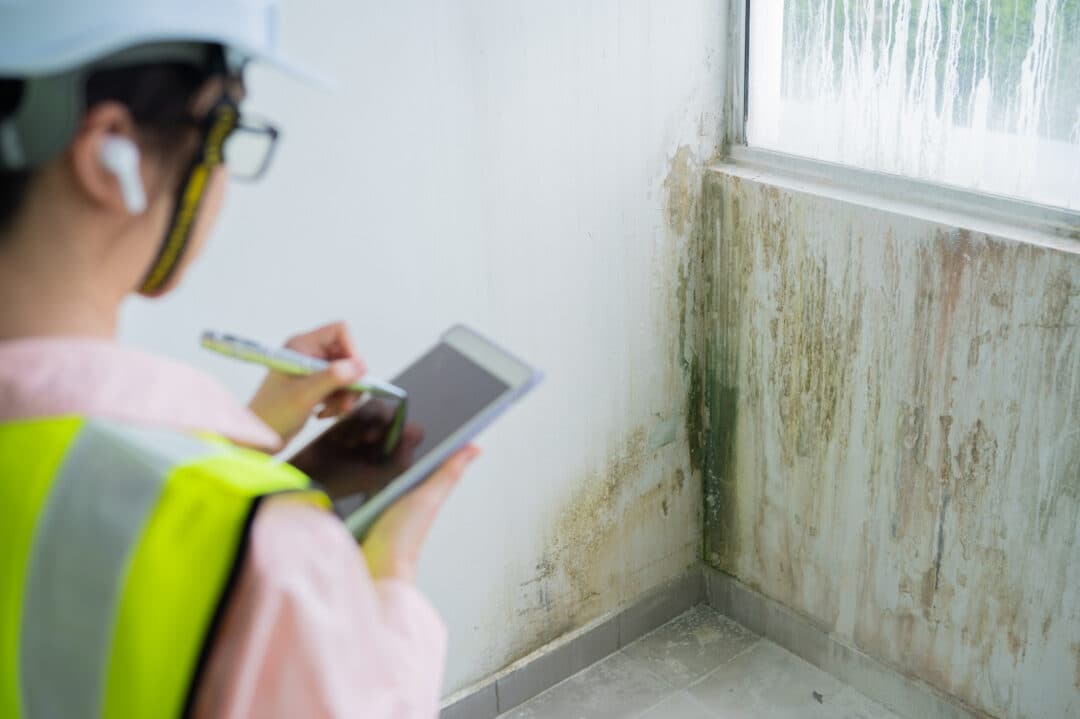The lowdown on student lets in 2023

A level results opened. Cars packed to the rafters with duvets and crockery. Sales of pasta and Pot Noodles through the roof. These aspects can only mean one thing. The new academic year has started and universities across the country are welcoming undergraduates to campus.
The thirst for further education shows no sign of abating. In February 2023, UCAS said the number of UK-based 18-year-olds applying to an undergraduate course this year was the second highest on record, while the number of international students applying is up +3.1%. The higher education admissions service also predicts undergraduate numbers to increase in the coming years – to the tune of a quarter of a million more by 2030.
A growth in undergraduates places pressure on the accommodation sector, especially as many universities lure in students with the promise of guaranteed place to stay. A lack of accommodation is a very real scenario laid bare by StuRents. Just as this year’s A Level students opened their results, it published a warning that by 2026, there will be a deficit of over 620,000 student beds across the country. This is up from a deficit of just 5,000 in 2018.
With these figures looming large, it’s no wonder student accommodation is big business. Historically, the returns attached to properties rented to students are above average and that’s been a continuing trend, according to recent figures. While a typical non-student let was providing a yield of around 3.63% in 2022, student lets were pulling away in the success stakes. A report by Paragon Bank found the top yielding university location in 2022 was Swansea. It achieved a whopping average yield of 9.56%, followed by Hull (8.6%) and Plymouth (8.41%).
Property investors now have a couple of routes into the student let market. The traditional private rental market remains an attractive place to operate (Fisher German claims 46% of students choose to rent from private landlords), with the landlord retaining complete control over the property and any profit it makes. There’s also the option to invest in purpose-built student accommodation (PBSA) – a more ‘hands off’ way to enjoy rental income paid by students – but the supply of these properties has been slower than expected.
All change for student rental contacts?
The entire lettings industry is waiting for the Renters’ Reform Bill to work its way through Parliament and pass into law. While the Bill has already been delayed, industry experts, landlords and students have been reflecting on how the proposed changes will affect student tenancy contracts.
The Bill would see fixed-term tenancies abolished and replaced with mandatory rolling periodic tenancy agreements. This one amendment has the ability to alter the annual student let model as we know it. With the Bill in place, students would find it easier to give notice part way through the academic year or even refuse to leave once they had graduated, rather than be tied to a tenancy that ends in line with the academic year.
The Bill wording as it stands does not discriminate between traditional and students lets, failing to acknowledge their very different operational terms. The level of concern among private landlords and industry bodies, however, has prompted the Government to rethink its approach.
In June 2023, Housing Minister Rachel Maclean MP announced the Government was considering introducing a caveat to the Bill that would allow landlords with student lets to take back their properties in a state of vacant possession at the end of an academic year. The change of heart follows a campaign by the NRLA but at this stage, it’s merely a consideration.
Timing is key
Despite a lack of clarity regarding the Renter’s Reform Bill – it is still subject to amendment and even a change of Government, with the next General Election due during or before January 2025 – landlords should not be deterred from entering the student let market. There is no shortage of tenants now and the figures show a good supply will continue in the future.
The student let market does, however, operate on its own timetable and landlords offering private rentals will need to be in tune with seasonal demand. August is a peak month for landlords as it’s when A level results are published and students accept their university place. With a shortage of halls and PBSA accommodation, many students leaving home for the first time will turn to the private rental sector for somewhere to live.
December and January are other traditional peak periods, as these months are when friendships are fully formed and first year graduates start thinking of where they’ll live in their second and third year. Competition for house shares can be fierce and students know they need to make enquiries in the winter to secure a property for the upcoming September.
Extra considerations
Offering student accommodation also requires a slightly different approach to property management. Undergraduates will have no references and little to no credit history, so a guarantor in the shape of a parent or family member is almost always advised to ensure the rent is paid.
All properties habited by undergraduates will also be subject to higher levels of wear and tear, so the landlord needs to factor in frequent inspections and visits by trades to make repairs.
In addition, landlords operating HMOs (a House in Multiple Occupation, defined as where three or more people who do not form a single household and who share facilities, such as a kitchen or bathroom, live together) will need to conduct careful research and plan for licensing.
Mandatory licensing applies to all HMOs that are three or more storeys and are occupied by five or more persons who do not form a single household. Additional and selective licencing can apply to HMOs of any size/tenant composition, and is most commonly applied to student accommodation. All forms of HMO licencing will require landlords to meet more stringent standards relationing to fire precautions, gas and electrical safety checks, and property maintenance.
Our Viewbers already visit hundreds of student properties on behalf of private landlords, PBSA providers and property managers. We can assist with:
- Check in/check out
- Property inspections
- Viewings
- Fire door & alarm checks
- Block property checks
- Key management
- Listing packs including 360-degree tours
We would be delighted to assist anyone involved in the student accommodation sector, with our Viewber network covering every university town and city in the UK, with extended hours and seven day a week availability.



